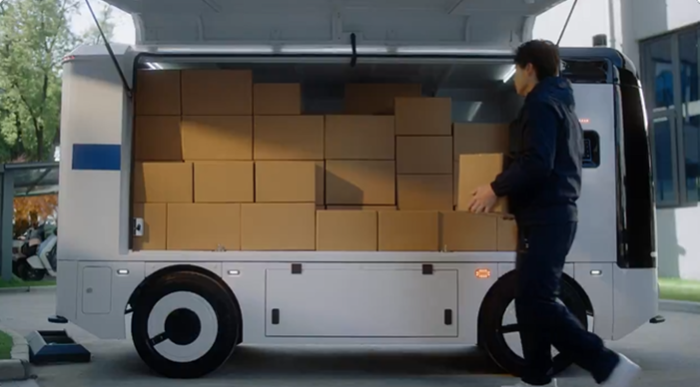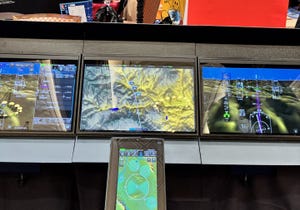Cargo Drone Company Receives FAA Flight Corridor Approval
MightyFly is the first company to reach regulatory milestone
.png?width=1280&auto=webp&quality=95&format=jpg&disable=upscale)
MightyFly has received Federal Aviation Administration (FAA) approval to start flight testing its large, autonomous cargo drone, making it the first autonomous cargo eVTOL company to receive such approval.
The announcement comes a month after the cargo drone company began flight testing its Cento aircraft at the start of the flight corridor. The company can now test autonomous flights up to 5,000 feet between California's New Jerusalem and Byron airports.
The approval also allows the company to test Beyond Visual Line of Site (BVLOS) capabilities for its cargo drone while using a chase airplane. It can also test aircraft range, long-range Command and Control (C2) datalink communication and future Detect and Avoid system for its BVLOS flights.
“We are thrilled to publicly announce that we are the first large autonomous cargo eVTOL company to receive a flight corridor approval from the FAA and that we have already achieved some exciting and tangible flight test progress of the 2024 Cento,” said Manal Habiv, MightyFly CEO.
“This is a solid vote of confidence from the FAA in our work and our ability to perform safe autonomous flights in the general aviation airspace. We now look forward to demonstrating point-to-point delivery flights with our partners in this space.”
MightyFly began test flying its third-generation autonomous Cento aircraft in March at the corridor’s origin airport. It completed more than 30 autonomous flights.
The Cento aircraft was publicly unveiled in January. Designed to automate the loading and unloading of packages, it has cargo doors that open and close automatically, allowing it to receive and eject packages into and out of the cargo area and sense and compute weight and balance. The entire process is done without anyone repositioning the packages inside the vehicle.
MightyFly is preparing for two public flight debuts it says will kick off the company’s entry into the expedited delivery market. The company plans to demonstrate point-to-point autonomous cargo delivery flights to partners and potential customers in Michigan. It is also planning U.S. Air Force flight demonstrations.
About the Author
You May Also Like
.jpg?width=100&auto=webp&quality=80&disable=upscale)
.jpg?width=400&auto=webp&quality=80&disable=upscale)






